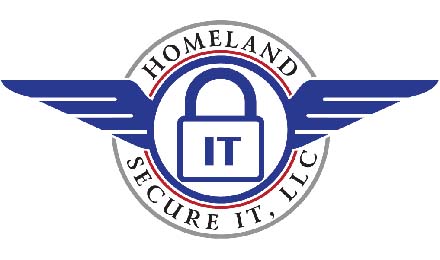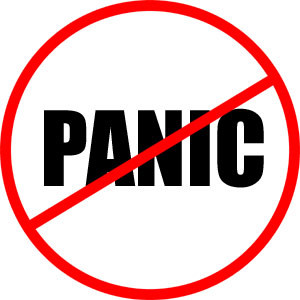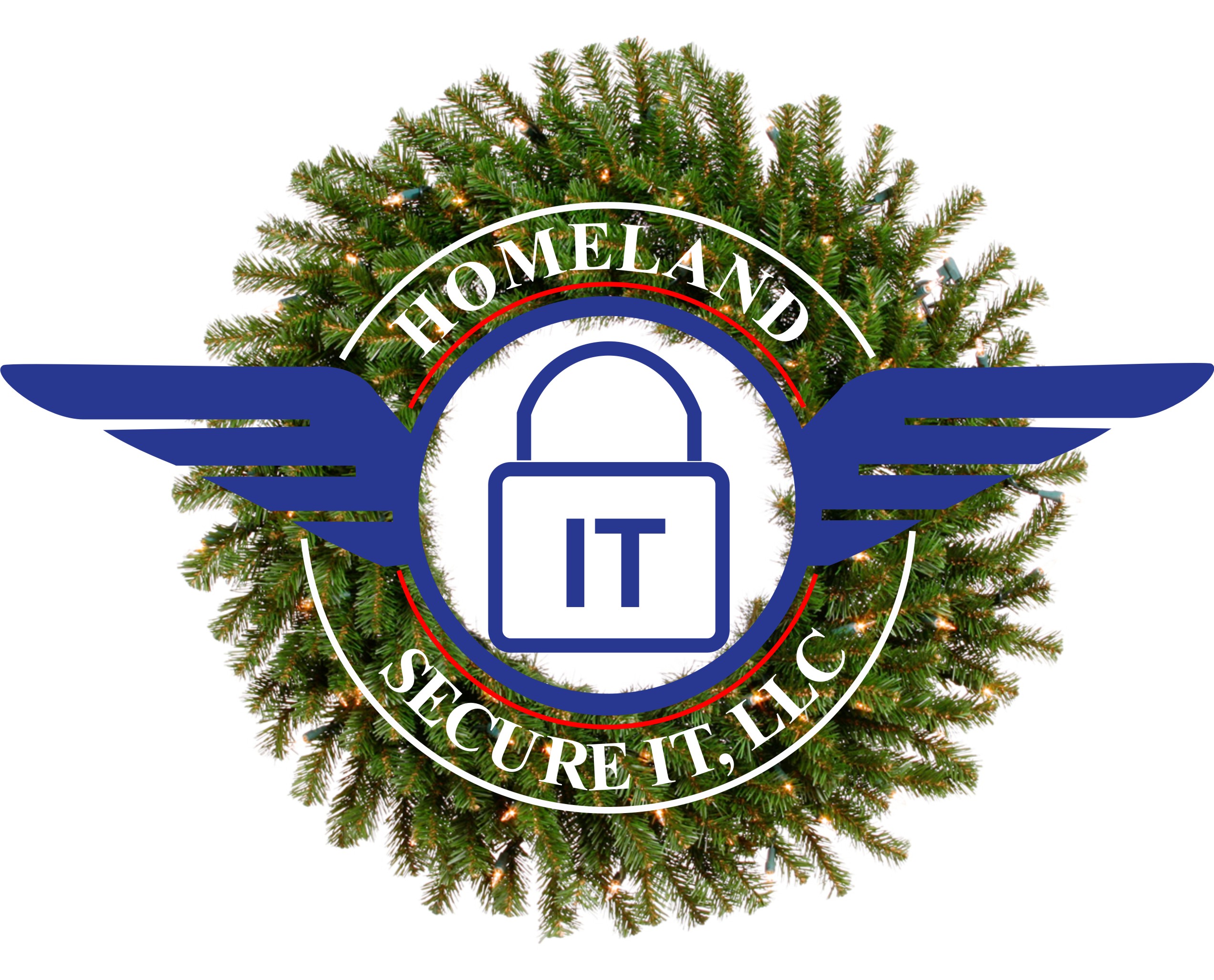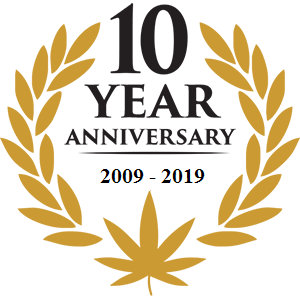 If you have not received a phone call by now claiming to be a representative from Microsoft stating your computer is at risk, then you are lucky. You’re much less lucky if you *have* received one of those calls and believed them. They sure sound convincing.
If you have not received a phone call by now claiming to be a representative from Microsoft stating your computer is at risk, then you are lucky. You’re much less lucky if you *have* received one of those calls and believed them. They sure sound convincing.
The new fad is to send emails that look very convincing, with links to necessary updates. These are forged to appear they come from Microsoft and yes, people fall for it.
Don’t believe everything you read. In fact, if you have questions, just reach out to your IT provider and let them verify.
Better yet, consider working with an IT services expert who can keep your business network up to date with all Microsoft patches so you never have to worry about it.
Homeland Secure IT provides these services and more to Greenville SC based businesses.
Call us at 864-990-4748 for more information or use our handy contact form.
Stay safe!
PS: Here’s a notification from Microsoft that IS authentic which also says not to believe hoax emails:
—–BEGIN PGP SIGNED MESSAGE—–
Hash: SHA256
********************************************************************
Title: Microsoft Security Update Releases
Issued: October 9, 2018
********************************************************************
Summary
=======
The following CVE been added to the October 2018 Security updates:
* CVE-2018-8292
Revision Information:
=====================
– CVE-2018-8292 | .NET Core Information Disclosure Vulnerability
– https://portal.msrc.microsoft.com/en-us/security-guidance
– Reason for Revision: Information published. CVE-2018-8292 has
been added to the October 2018 Security Updates.
– Originally posted: October 9, 2018
– Aggregate CVE Severity Rating: Important
– Version: 1.0
Other Information
=================
Recognize and avoid fraudulent email to Microsoft customers:
=============================================================
If you receive an email message that claims to be distributing a Microsoft security update, it is a hoax that may contain malware or pointers to malicious websites. Microsoft does not distribute security updates via email.
The Microsoft Security Response Center (MSRC) uses PGP to digitally sign all security notifications. However, PGP is not required for reading security notifications, reading security bulletins, or installing security updates. You can obtain the MSRC public PGP key at <https://technet.microsoft.com/security/dn753714>.
********************************************************************
THE INFORMATION PROVIDED IN THIS MICROSOFT COMMUNICATION IS PROVIDED “AS IS” WITHOUT WARRANTY OF ANY KIND. MICROSOFT DISCLAIMS ALL WARRANTIES, EITHER EXPRESS OR IMPLIED, INCLUDING THE WARRANTIES OF MERCHANTABILITY AND FITNESS FOR A PARTICULAR PURPOSE.
IN NO EVENT SHALL MICROSOFT CORPORATION OR ITS SUPPLIERS BE LIABLE FOR ANY DAMAGES WHATSOEVER INCLUDING DIRECT, INDIRECT, INCIDENTAL, CONSEQUENTIAL, LOSS OF BUSINESS PROFITS OR SPECIAL DAMAGES, EVEN IF MICROSOFT CORPORATION OR ITS SUPPLIERS HAVE BEEN ADVISED OF THE POSSIBILITY OF SUCH DAMAGES.
SOME STATES DO NOT ALLOW THE EXCLUSION OR LIMITATION OF LIABILITY FOR CONSEQUENTIAL OR INCIDENTAL DAMAGES SO THE FOREGOING LIMITATION MAY NOT APPLY.
********************************************************************
Microsoft respects your privacy. Please read our online Privacy Statement at <http://go.microsoft.com/fwlink/?LinkId=81184>.
These settings will not affect any newsletters you???ve requested or any mandatory service communications that are considered part of certain Microsoft services.
For legal Information, see:
<http://www.microsoft.com/info/legalinfo/default.mspx>.
This newsletter was sent by:
Microsoft Corporation
1 Microsoft Way
Redmond, Washington, USA
98052
—–BEGIN PGP SIGNATURE—–
iQIzBAEBCAAdFiEELe29pj1Ogz+2MnKbEEiO2re18ugFAlu9YS0ACgkQEEiO2re1
8ugiXA//Tc4uQ9gidlCZo0ip4ppMFu3HoqURnHMpmrdqfpT2dYGRSgPZT/Yhdddp
dRrTXxlbB8buhqm9eqLFNVGdlD0+P0MzzDiFXVn0zUZuo6CYGFwAzt0dX7y6/M1f
+/ngSTy0VkVoa3b6m9bowqLmhGX0kBLBhUFygiQ86E7708DUnihTUyaTu/IDXuRn
gr+xw7qNxhCstcFpNNAzXx6qIRsx+pjJdZnAGSV9J2KlfPC4ZkMJLyMG7sgf5lL2
LbfFuOKnJxPOjv0S9S3fMElaBGNidRJInCNXnFULGoNpyAmEi9YmlPGBp1eg/JEP
xPh1k5KZMOURVANav5pzk270u1sxVUf7mgvX2mbMwD/FJX5JkwEnII51II/s6QPv
PfaZW8FNcNVLenJ/YSBx25hLt1FObR2wXG7j3TjVSy0LWveeXn22GaPSGQ8VDq04
mgalTOaHwobxh2DA3+uo3lPeqj6v2SruuY7gQAdfNtgJD12dEHepPOumcP+XR9SL
ceBkGMhXKWMgtWMQeoYb9RXFyjbVZ+88FehJmIFCZhPg7fd6k1JlbUBNEnP/TlW0
GzylrJqfkMbjenIu+jXemhnk0tvKmi/RmYnF3QNL28IPHWURQkMuW9UBoJlhfVNZ
IQ+tIhX22n0YfZuhF6WsZAeTIkaQ12X89GLUuR3sXh34Scgyq2M=
=daxL
—–END PGP SIGNATURE—–





 If you have not received a phone call by now claiming to be a representative from Microsoft stating your computer is at risk, then you are lucky. You’re much less lucky if you *have* received one of those calls and believed them. They sure sound convincing.
If you have not received a phone call by now claiming to be a representative from Microsoft stating your computer is at risk, then you are lucky. You’re much less lucky if you *have* received one of those calls and believed them. They sure sound convincing.